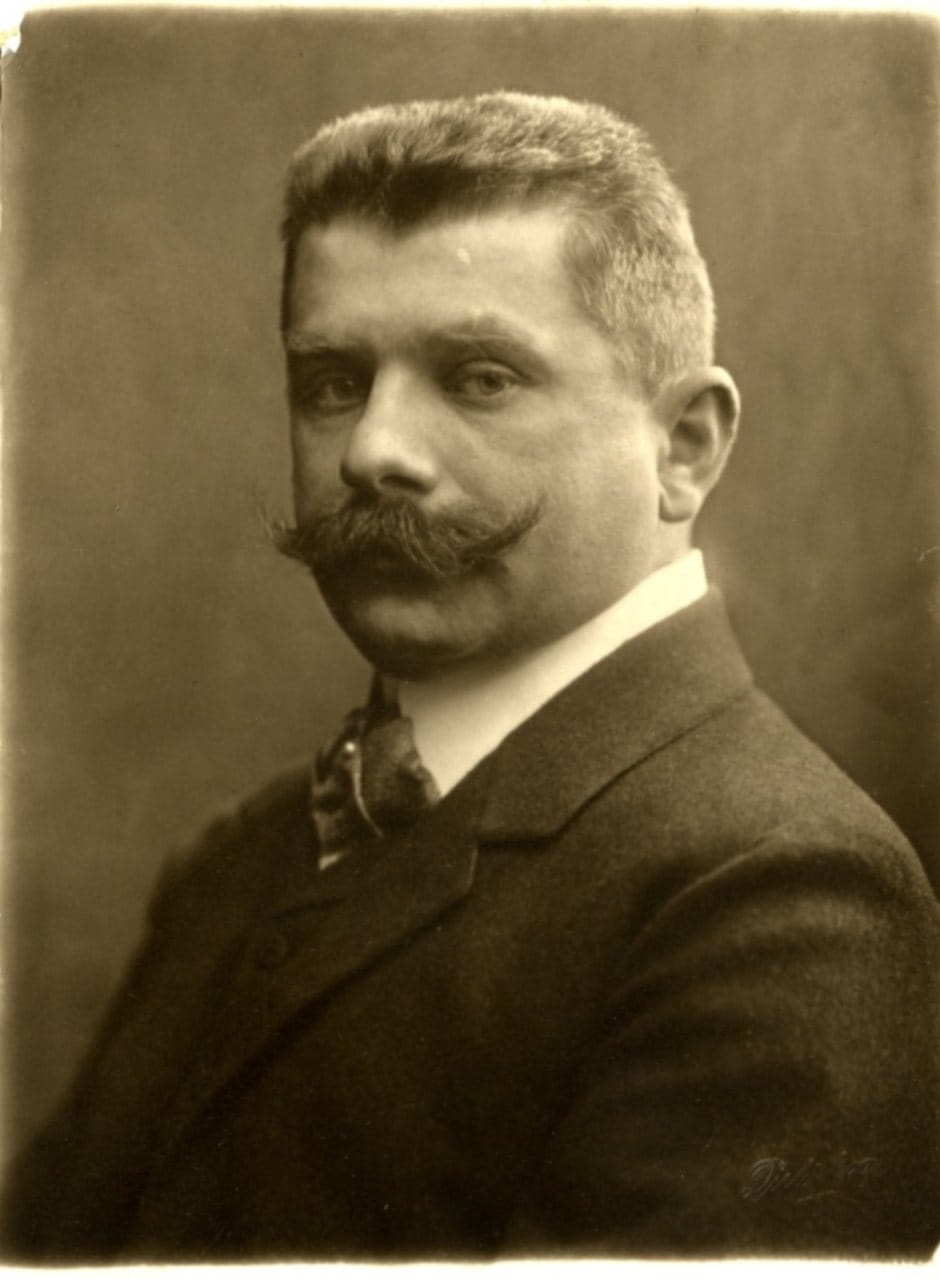Dr. Oscar Troplowitz
Troplowitz was one of the major entrepreneurial personalities of his time. After training as a pharmacist with his uncle, the subsequent Court Counselor Gustav Mankiewicz, he graduated with a degree in pharmacy in 1886 from the University of Breslau. In 1890, he acquired Paul C. Beiersdorf’s laboratory in Altona and transformed it into a company. He immediately mechanized production and in 1892 set up his own factory on what was then a 1,200m² plot of land in Lokstedter Weg (known today as Unnastrasse). The Company's headquarters can still be found there to this day. As a customer- and market-oriented entrepreneur who thought and acted internationally from the start, he took care to ensure the further development of his products on a sound scientific footing. He continued the cooperation with Prof. Paul Gerson Unna that had been started by Paul C. Beiersdorf and employed at his recommendation the chemist Dr. Isaac Lifschütz, who invented the emulsifier Eucerit – the basic ingredient of NIVEA Creme – among other things.
Troplowitz also set a milestone in the Company's history with the many company benefits he provided his employees. For example, he was one of the first employers in Hamburg to reduce the working week to 48 hours without cutting pay and gave blue-collar and white-collar workers vacation pay. In addition, he set up a welfare fund for employees in financial hardship and the Troma (the Beiersdorf pension and widows’ and orphans’ fund), which was named after him and his brother-in-law, and co-shareholder Dr. Otto Hanns Mankiewicz and which still exists in a modified form today. Also worthy of mention are his many public activities and his support of charitable foundations, or his famous art collection in the villa on the Agnesstrasse; following the death of his wife in 1920, this was bequeathed to the Hamburger Kunsthalle art gallery.

His most significant achievement, however, was to create the brands such as Leukoplast, Labello, and NIVEA which are so famous today. Troplowitz was convinced that branded goods offering reliable quality and real, substantial benefits to the consumer would be a successful concept for the future. This work laid the foundations for the company’s strategy today.
